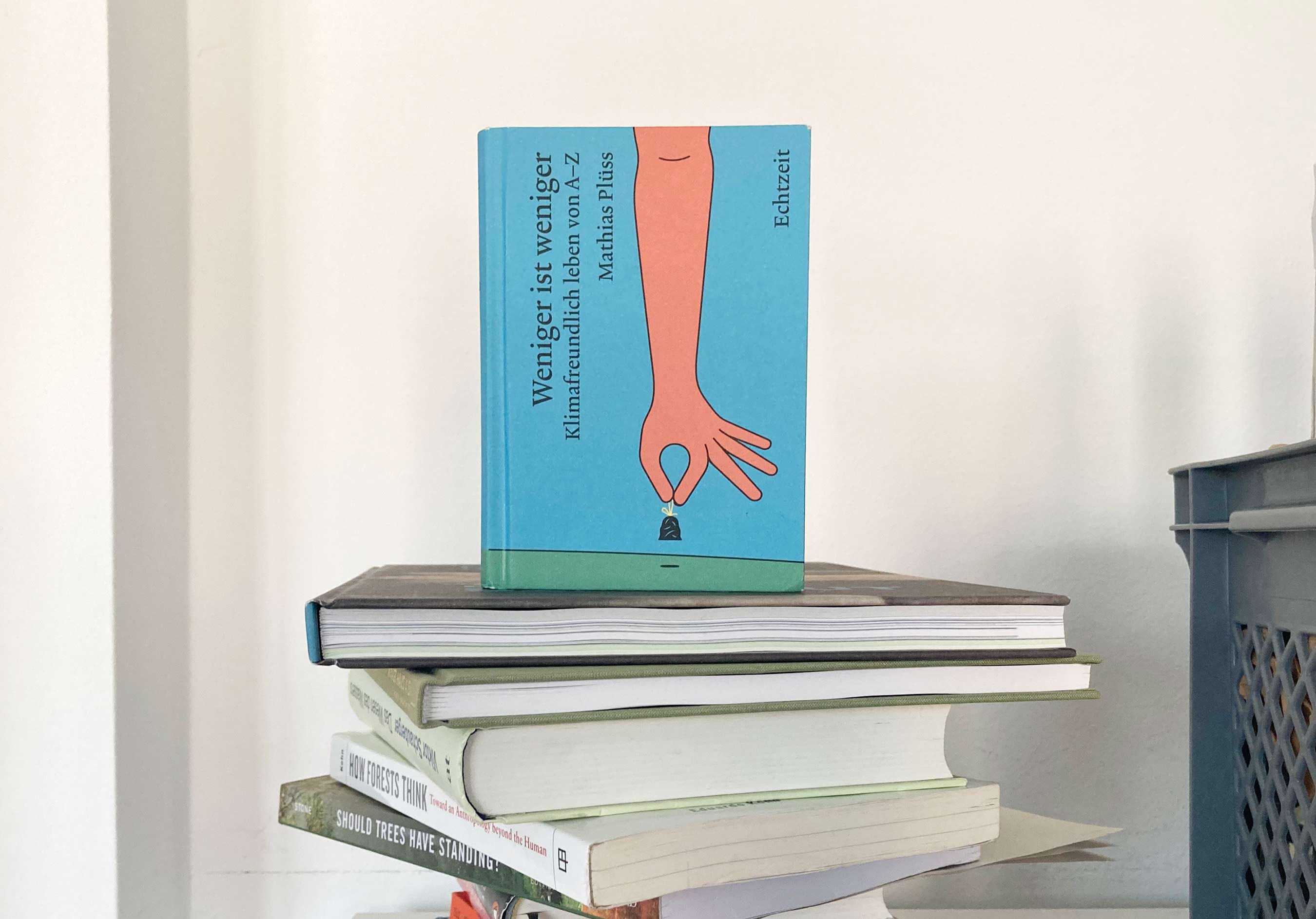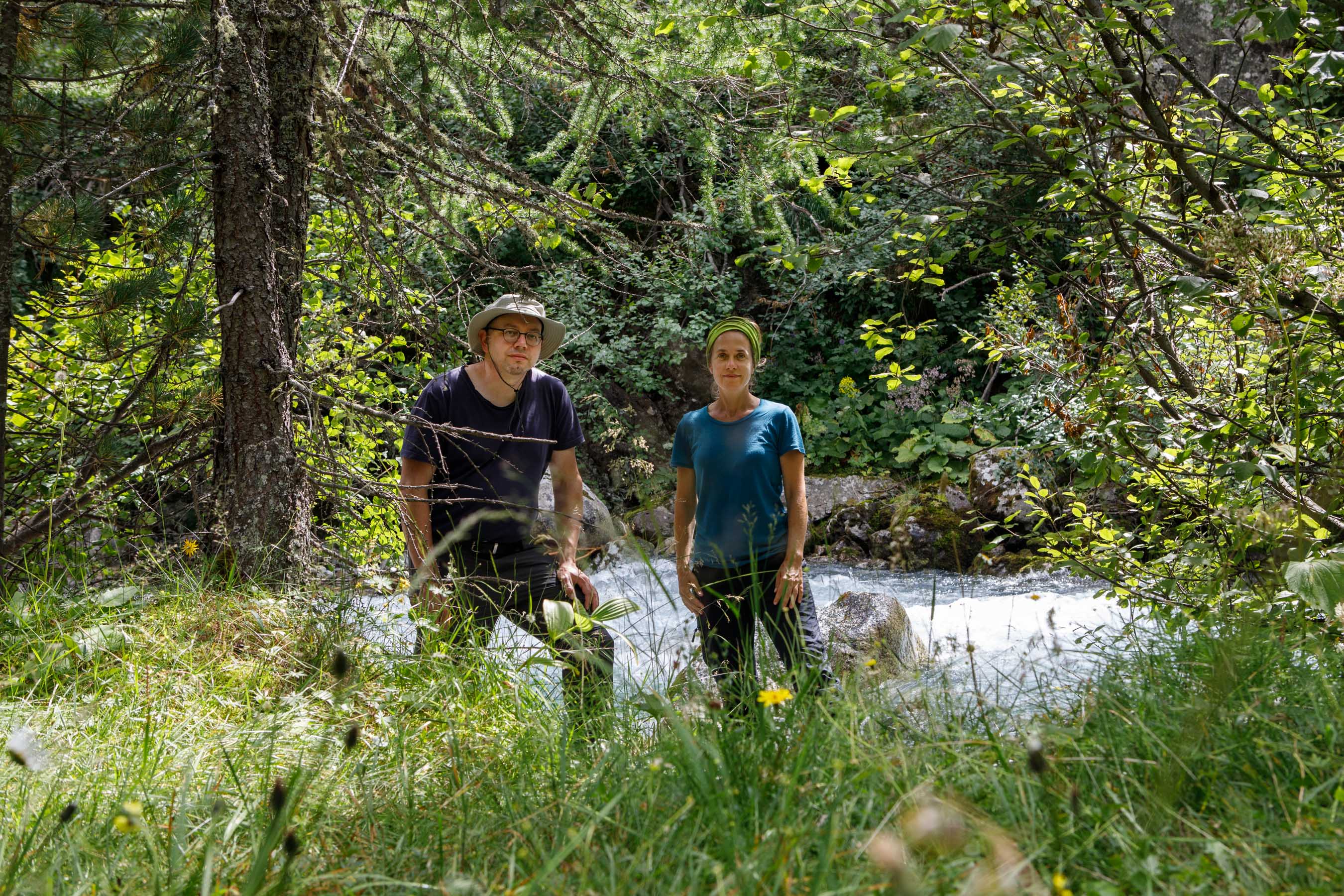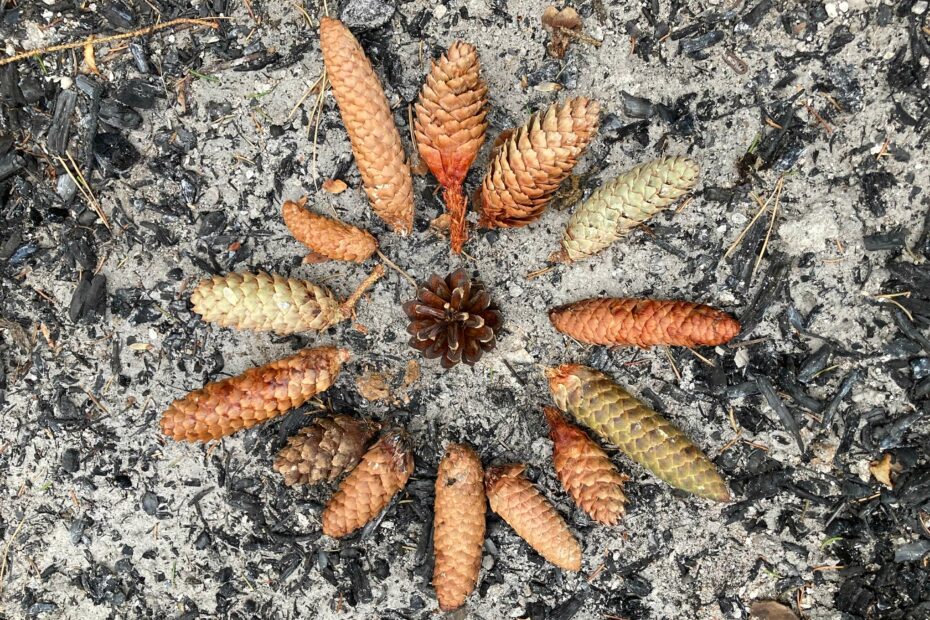Heat, drought, burning forests, thunderstorm, heavy rain, flood. This summer has brought a high variety of extreme weather phenomena, giving us a taste of how climate change feels like – in the temperate climate of Central Europe.
The change shows, it is clearly visible, palpable, we dive into the suffering it means, the devastation of ecosystems, harvests, human settlements and infrastructure. And there is definitely more to come, we have set in motion a process of reactions to unbalance.
We have known for decades already how this process was stirred, that we have to reduce drastically the burning of oil, gaz, forests… A reduction by definition means LESS, something which doesn’t seem very attractive, being on the privileged side of globalization, profiting from the canon of economic growth which says MORE. Maybe it is also confusing for many of us, how LESS can be actually implemented in our daily life.
So, I would like to recommend a small booklet, which is very helpful in that implementation. It contains facts and figures in simple words for all of us privileged ones who want to know more details about the HOW and WHAT of the LESS in our daily life.

The publication’s title is LESS IS LESS, which in its simplicity I truly love. It doesn’t try in one way or another to sell you that LESS IS ACTUALLY MORE. It gives you answers from A to Z of how the components of your life like eating, heating, moving – your daily decisions, habits and hobbies affect the climate. You find orientation in what way changing your habits contributes to the great LESS – the art of reduction we have to learn and cherish if we want to survive.
The author of this practical book, Mathias Plüss, is a good friend of mine, and a profound and precise journalistic researcher. He has a broad knowledge, especially in natural sciences and environmental contexts, caring for inconspicuous but important details. He is a curious reader and learner of all kinds of things, with a fondness for “useless knowledge” (focal point of his column “Plüss’ Punkte” in Swiss media).
I really like to recommend his work, because he not only writes about the LESS, but also lives it in his personal life.
His book was published In German very successfully in 2020, and will additionally be available in French next year.
Weniger ist weniger, Klimafreundlich leben von A-Z, Mathias Plüss, Echtzeit Verlag, Basel, 2020.
And by the way: the last three years, Mathias Plüss has led the SHARING WATER research at four locations in Europe. Our book on water and water treatment and the effects of climate change will be published by the end of September – with texts by Mathias Plüss, photographs and epilogue by me.

